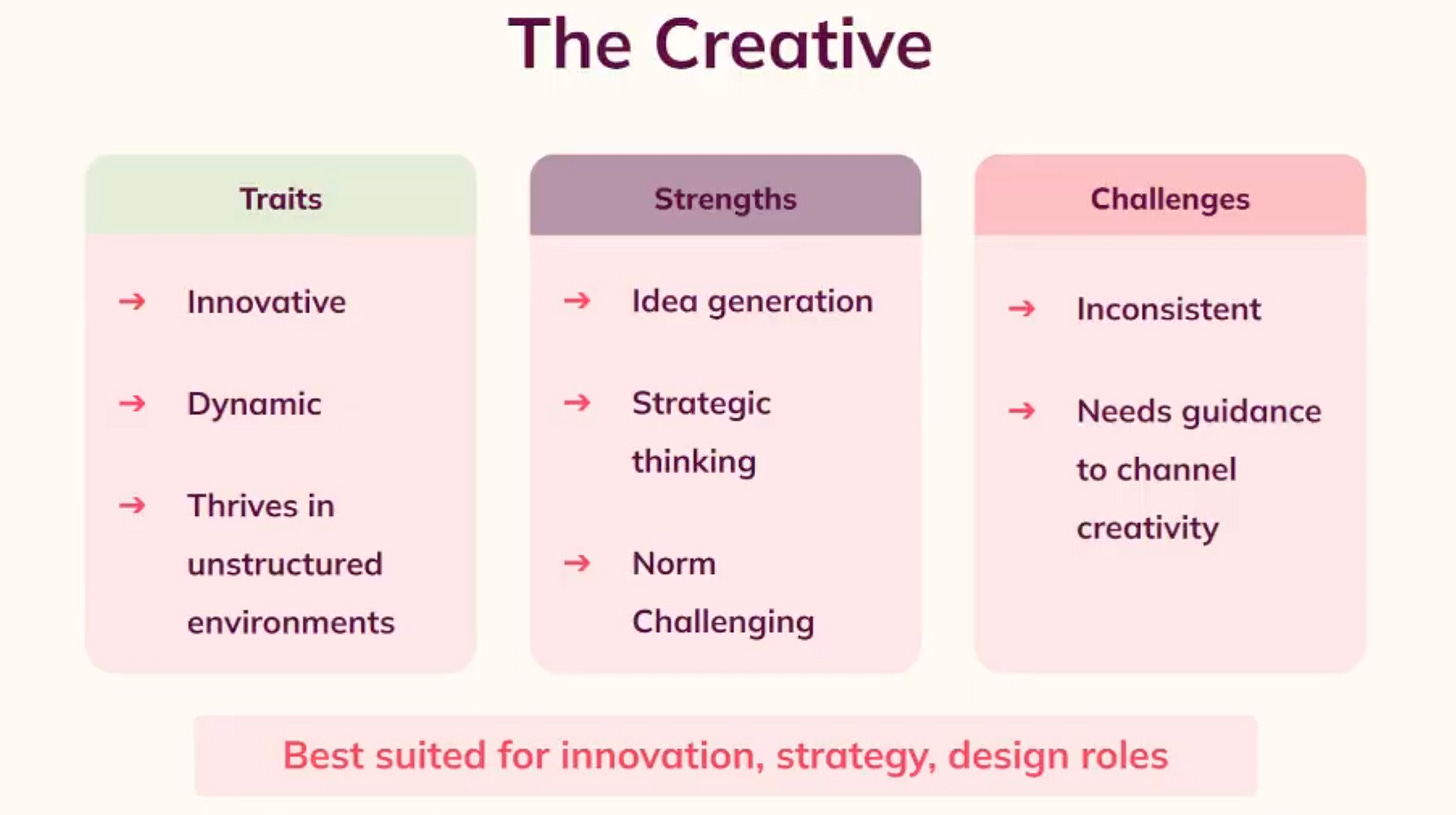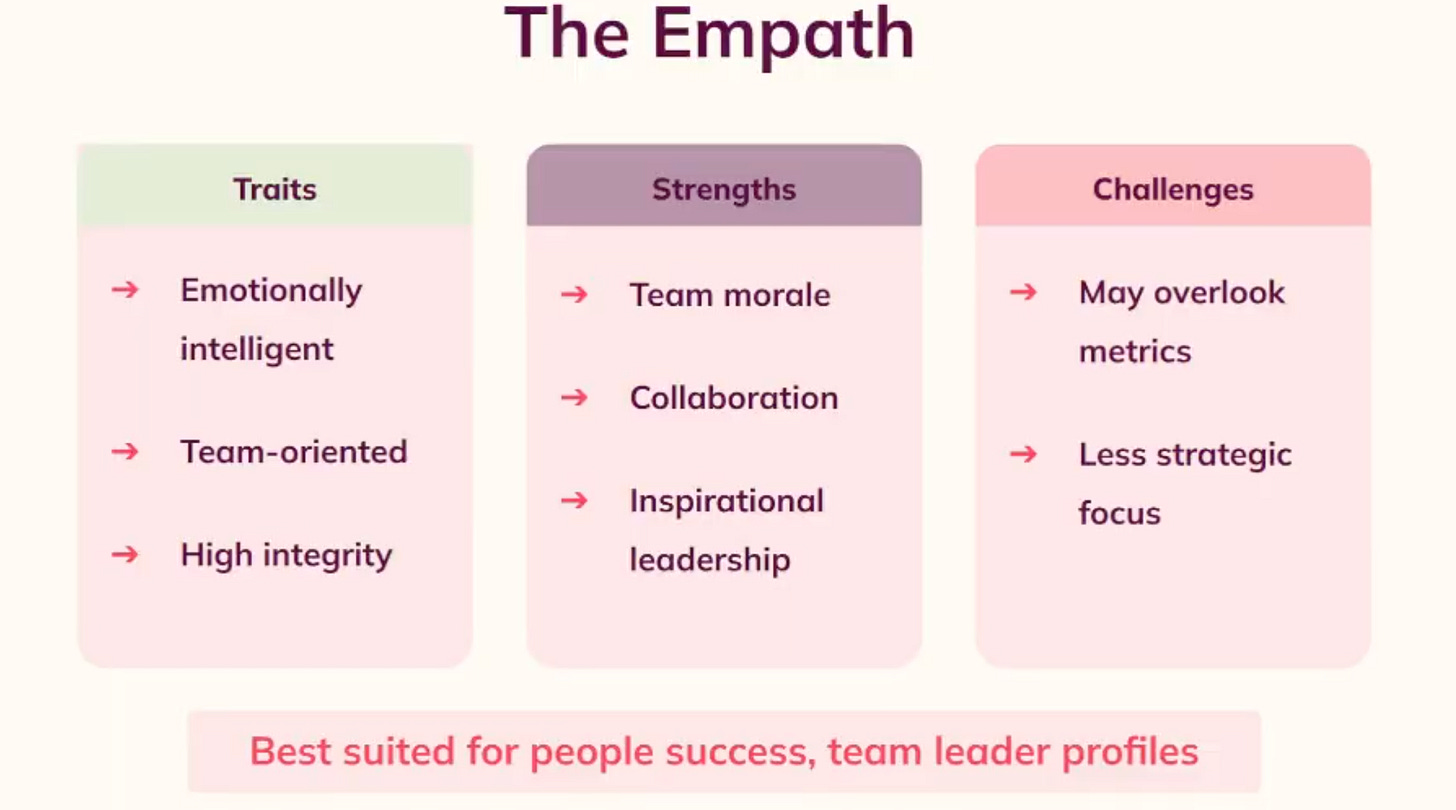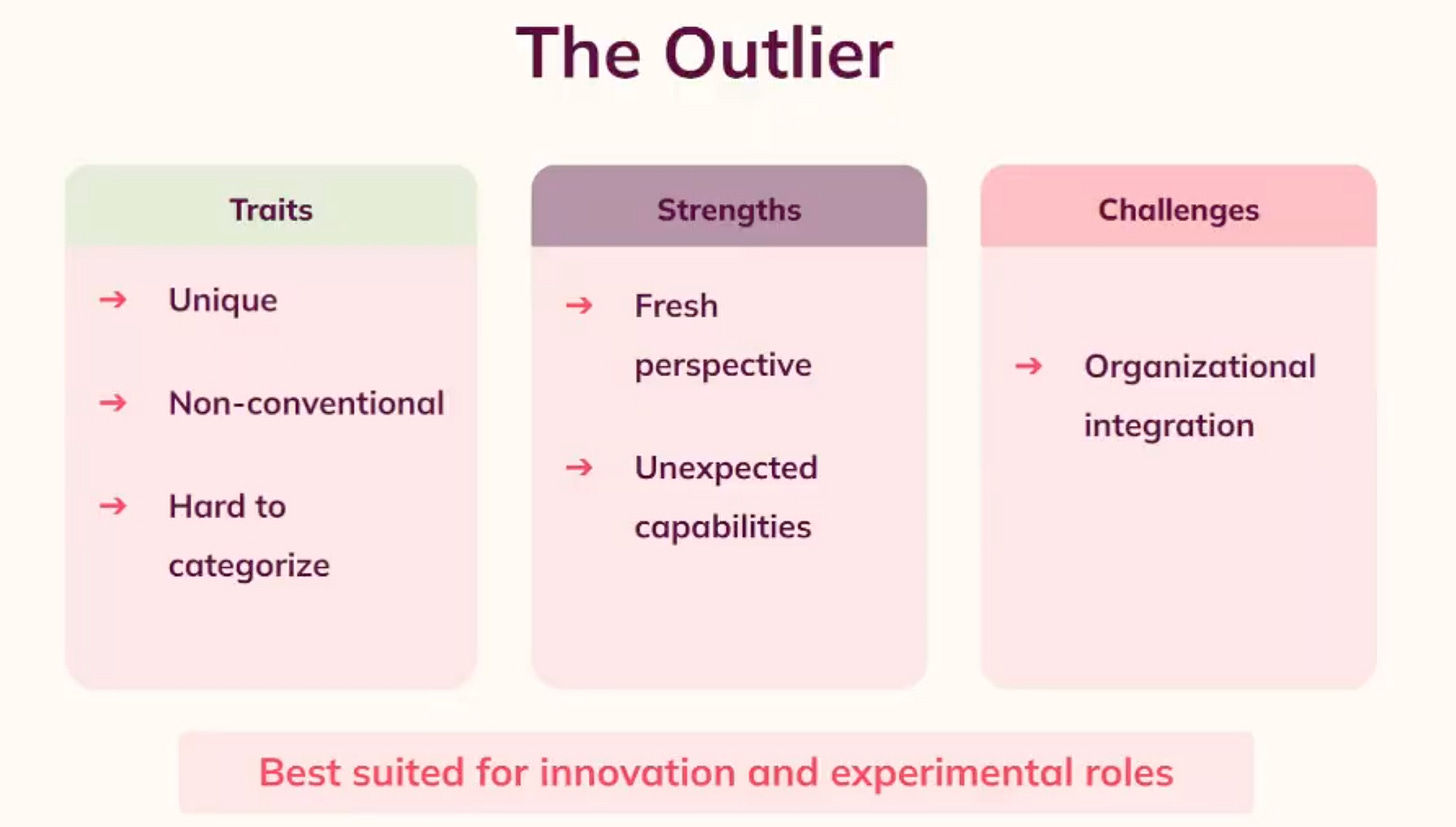Hiring Your First Few: A Survival Guide for Early-Stage Founders
In this article, we break down what to look for (and what to avoid), where to find your first rockstars, and how to build a hiring process that works.
When you're an early-stage founder, hiring feels like one of the most exciting and terrifying things you'll do. Every hire can either speed you up or slow you down.
You’re already stretched thin: building the product, finding customers, pitching to investors. You know you need help, but figuring out who to bring in (and how) can feel overwhelming.
In this article, we dive into the realities of early-stage hiring- the mindsets, the mistakes, the candidate personas you’ll meet and how to approach building a team that believes in your vision as deeply as you do.
This piece is inspired by a session with Priya Sunil, who brings over 17 years of experience in talent management and organisational development and currently leads People & Talent at Plum.
Why Early-Stage Hiring is Different?
Your first few hires aren’t just filling job descriptions. They become your company's culture, DNA, and direction.
Here’s why hiring early on is fundamentally different:
Mission Over Money
Early-stage startups typically can’t offer the highest salaries or the most luxurious perks. You're competing with big companies that can dazzle candidates with financial security, brand prestige, and well-defined roles.
Instead, you must attract people who are inspired by your “why”- those who find energy and meaning in building something new, meaningful, and disruptive.
Dynamic Roles and Evolving Responsibilities
Startups live in a world of constant change. Job descriptions at this stage are more like starting points than fixed rules. Today’s “marketing lead” could be tomorrow’s “product strategist.” Today's "salesperson" might help with onboarding, support, or operations as you pivot and grow.
You need people who are adaptable, curious, and comfortable wearing multiple hats, not those who cling tightly to titles or fixed job scopes.
Amplified Impact
In a small team, there’s nowhere to hide. Every line of code written, every sales pitch delivered, and every customer success call made directly impact your startup's survival and growth.
That’s why hiring mistakes are costlier early on: one wrong hire can set you back months. It's tempting to hire the "best" person on paper. But if they’re not adaptable, mission-driven, and ready for chaos, it won’t work.
Common Mistakes Every Founder Makes While Hiring
Hiring in the early days feels urgent- you're juggling 10 roles yourself, you're tired, and every extra pair of hands seems like a lifeline. But this is exactly where many founders (even great ones!) stumble.
Here are some all-too-common mistakes you want to avoid:
1. Hiring out of panic: It's better to hold out for the right fit than fix the damage from a bad hire.
2. Falling for fancy resumes: Big brands on a CV can be tempting. But someone used to Google’s resources might flounder at your 5-person startup without a playbook. Prioritise people who build over those who maintain.
3. Hiring only for today’s problems: You find someone who’s perfect for the tasks you need done right now. But six months later, as your startup grows, they struggle to keep up. Hire people with the potential (and hunger) to grow with you.
4. Ignoring culture fit (until it’s too late): Skills matter, but attitude, ownership, and alignment with your values matter more.
5. Overhyping the opportunity: When you’re pitching a candidate, it’s tempting to sell the dream- unicorn valuations, massive growth, industry disruption. But if reality doesn’t match the hype, good people leave. So, be real. Tell them about the chaos and the opportunity.
6. Ignoring red flags: Maybe they seem great except for that one thing- a hint of arrogance and a weird attitude about teamwork. You think, "It'll be fine." It won't.
The Types of Candidates You'll Meet
When you start hiring for your early-stage startup, you’ll quickly realise that resumes don't tell the full story.
Some candidates will talk like they’re ready for startup life, but crack under pressure. Others might not have flashy backgrounds, but they show the ownership mindset you desperately need.
Over time, you'll start seeing patterns and different "types" of candidates who walk through your (often virtual) door. Spotting these early will save you a lot of time, money, and energy.
Here are a few personas you’ll definitely meet:
What Makes an Ideal Early-Stage Hire?
So, what exactly makes an ideal early-stage hire? Let’s break it down:
1. Passion for the Mission
In the early stages, your startup is still figuring things out. Your product might not be polished, your processes might not be perfect, and the challenges are constantly evolving. You need people who get why you’re doing what you’re doing.
Look for:
A deep understanding of your product or service.
A genuine excitement about solving the problem you’re addressing.
Alignment with your long-term goals, even if they don’t have all the details figured out.
2. Adaptability and Comfort with Ambiguity
Unlike in big corporations, where roles are well-defined and processes are set, in an early-stage startup, the lines are blurry. You need hires who are flexible, comfortable with change, and can wear multiple hats.
Look for:
A history of working in fast-paced or evolving environments.
The ability to handle ambiguity and pivot when necessary.
A willingness to take on tasks outside their job description (no task is too small or big).
3. Self-Starter Mentality
You can’t afford to micro-manage in the early stages. Every person you hire needs to be able to take initiative, make decisions on their own, and proactively solve problems.
Look for:
Strong examples of taking ownership of projects or initiatives.
The ability to show results with minimal supervision.
A "figure it out" mindset, rather than waiting for instructions.
4. Cultural Fit and Emotional Intelligence
Early-stage startups are tightly knit teams. Culture is important because the team's dynamics will impact everything from collaboration to morale. Your hires should fit in with the values and culture you're building.
Look for:
Alignment with your startup's values and work ethic.
Positive, solution-oriented attitudes, even when things aren’t going well.
Emotional intelligence — the ability to communicate effectively, understand others' perspectives, and stay calm under pressure.
5. Strong Communication Skills
In an early-stage startup, communication is everything. With a small team, you can’t afford misunderstandings, confusion, or lack of clarity. You need people who can express themselves clearly, actively listen, and collaborate effectively.
Look for:
The ability to communicate ideas clearly, both in writing and speaking.
A history of collaborating with different teams or departments.
Active listening and empathy- they should be as good at listening as they are at speaking.
Recommended Platforms & Tools for Early-Stage Startup Hiring
Here are some of the platforms & tools you can leverage to find top talent for your startup:
While these platforms are great starting points, the best hiring results often come from a mix of methods. Tap into your personal and professional network, explore data and hiring insights, partner with bootcamps or university programs, and experiment with multiple platforms.
Early-stage Founder’s Hiring Checklist
Do you really need to hire right now?
Sometimes you need a full-time hire. Other times, a contractor, intern, or automation can solve the problem more efficiently.
Is the role clearly defined?
Even if roles are fluid, have clarity on the core outcomes this person is responsible for in the next 3–6 months.
Do you know what ‘great’ looks like for this role?
What would an ideal candidate be like to work with on a chaotic Tuesday?
Can you clearly pitch your vision and the why now?
You’re not just hiring for skills- you're selling belief. Can you clearly articulate why your mission matters and why this is the best time to join?
Are you hiring for trajectory, not just credentials?
Choose people who are on a steep growth curve- high learning velocity, resourcefulness, and the hunger to build, not just operate.
Do you have the bandwidth to onboard and support them?
A new hire needs context, coaching, and trust. If you don’t have the time or systems to help them succeed, it may be too early to hire.
Have you aligned with your co-founder/team on what you need?
Misaligned expectations in hiring are expensive. Sync on the "must-haves" vs. "nice-to-haves" before you hit publish.
Have you defined success metrics for this role?
Set 30-60-90 day goals that are tied to business outcomes. This sets a strong foundation for accountability and retention.
While you’re at it, track: sourcing channels, time-to-hire, offer acceptance rate, attrition rate, etc. A simple Google Sheet to start tracking these can help you find bottlenecks, optimise sourcing, and improve your process continuously.
Final Thoughts
Hiring at the early stage is a craft. You're not building a team; you're building the future of your company. Every person you bring in now shapes your culture, momentum, and morale. So don’t rush it. Don’t settle. Look beyond resumes.
Find the ones who light up when they hear your vision, who run toward uncertainty, and who build like owners. Because in the early days, your people are your company. Choose them like it matters because it does.
At Razorpay Rize, we get it- building a startup is tough. That’s why we’re more than just a space for connecting with other founders. We’ve got programs, tools, and services designed to take some of the weight off the shoulders and make the journey just a little bit easier.
Curious about how we support startup founders?










